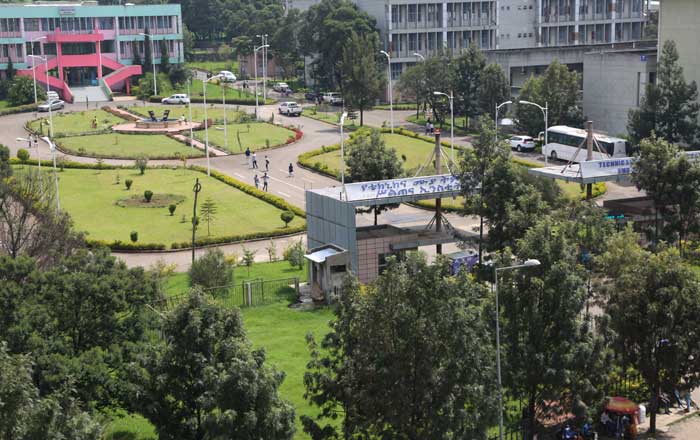
Fortune News | Aug 31,2019
The federal government plans to spend over half a billion Birr on building a market centre on a vital crossing point to Kenya, hoping to facilitate cross-border trade. Construction work is scheduled to start next month, with an outlay of 560 million Br, erected in Moyale, a border town 780Km south of Addis Abeba.
The project is part of an initiative for cross-border trade, promoted by the Common Market for Eastern & Southern Africa (COMESA), with 95 million dollars in financing from the European Union (EU). COMESA, a trade bloc formed by 21 countries, initiated it two years ago. Ethiopia has been a founding member of COMESA since its inception in the early 1990s.
COMESA's Secretariat floated a tender at the end of last year, inviting firms for supervision works. According to Gebretsadik Tassew, director of multilateral trade relations and negotiations at the Ministry of Trade & Integration, evaluations are ongoing.
Two months ago, the Moyale town administration made 14,250sqm of land available for the project, disclosed Birhanu Gonna, head of the Moyale Mayor's Office.
Officials plan to accommodate close to 5,000 traders, primarily women, in the centre for no rental fees. The centre will feature a livestock quarantine centre, where animals will be held in isolation for a specified period before crossing the border.
Last month, officials from Ethiopia and Kenya negotiated to determine an agreed list of products to be traded along the border. The negotiations were held in the presence of Christopher Onyango (PhD), director of trade and customs at COMESA.
“Both countries reached an agreement on the list of products,” Gebremeskel Chala, minister of Trade & Regional Integration, told Parliament two weeks ago.
Ethiopia is a signatory of over a dozen bilateral and multilateral trading blocs. Despite over three decades of membership with COMESA, it has benefited the least among signatories. In 2020, Ethiopia traded close to 18 million dollars worth of goods through COMESA, representing less than one percent of export revenues. Khat is the primary commodity traded through COMESA.
Officials say the simplification and formalisation of cross-border trade is a crucial milestone for effectively implementing trade deals between the two countries. A one-stop border post in Moyale started operation last year after it was inaugurated in December 2020 in the presence of Prime Minister Abiy Ahmed (PhD) and Kenya's President Uhuru Kenyatta.
Financed mainly by the African Development Bank (AfDB), this post is the first of its kind in Ethiopia. It is the fifth for Kenya, however.
The post is expected to reduce crossing time at the border by a third. It takes one day for a cargo truck to cross the border, according to a survey conducted by TradeMark East Africa, an aid-for-trade organisation established in 2010 to facilitate trade between African countries. With an annual budget of 80 million dollars, it is one of the leading aid-for-trade facilitators globally.
Officials hope the latest initiative under COMESA will spur 120 million dollars in annual trade between the neighbouring countries.
Kenya’s exports to Ethiopia in 2020 were valued at 67 million dollars, while Ethiopia’s exports to Kenya were valued at a little over 52 million dollars.
“Ethiopia is establishing a post with Djibouti,” Gebretsadik told Fortune.
He disclosed that equipment procurement is underway to erect a common border crossing post in Galafi.
The government has partnered with TradeMark East Africa to construct another market centre in Moyale, Birhanu disclosed. The town's administration has availed a 1,875sqm plot for the project, estimated to cost 15 million Br.
Experts like Eyob Tesfaye (PhD), a macroeconomist working for the UN, doubt the sustainability of preferential trade regimes. He observed that primary commodities dominate export trade on the African continent.
“This is the major barrier to trade," he said.
Agricultural commodities – mainly coffee, cut flowers, and khat – account for close to 70pc of Ethiopia's export revenues.
“It's impossible to spur regional trade without diversifying export commodities,” said Eyob.
PUBLISHED ON
May 07,2022 [ VOL
23 , NO
1149]

Fortune News | Aug 31,2019
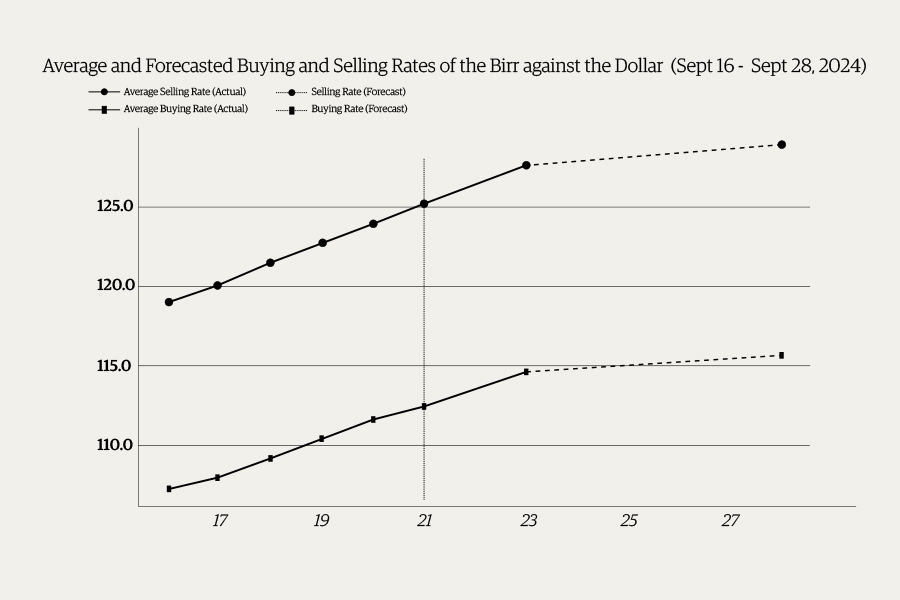
Money Market Watch | Sep 22,2024
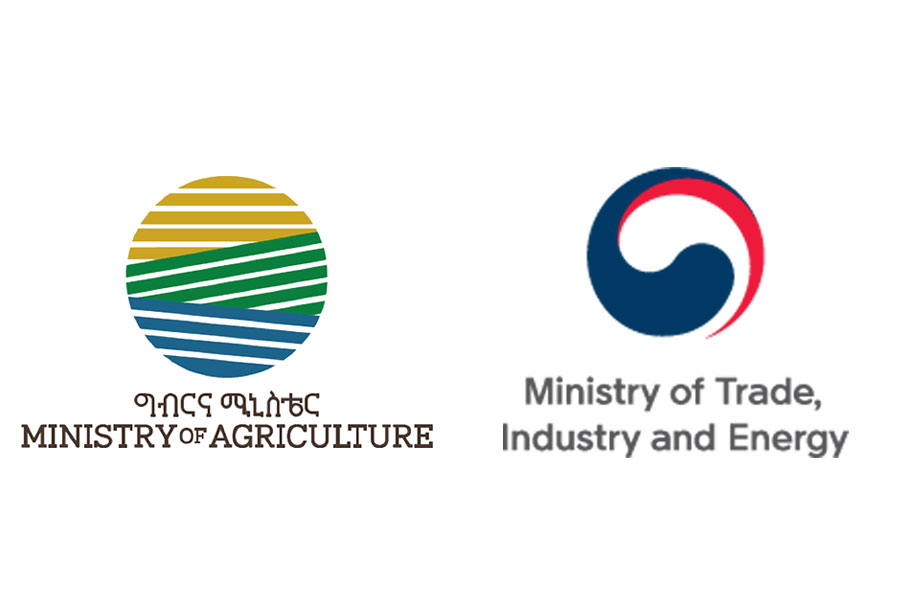
Fortune News | May 13,2023
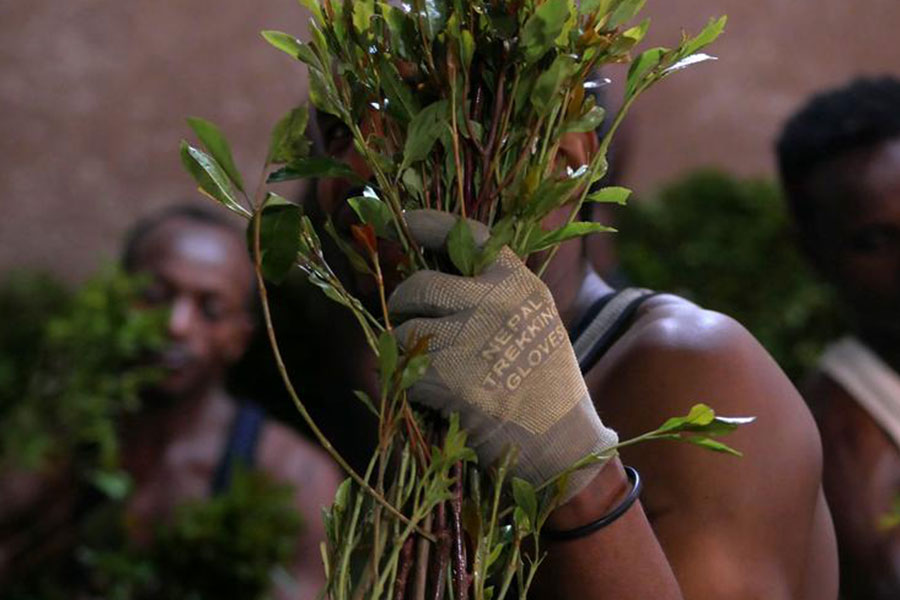
Fortune News | Apr 09,2022

Radar |
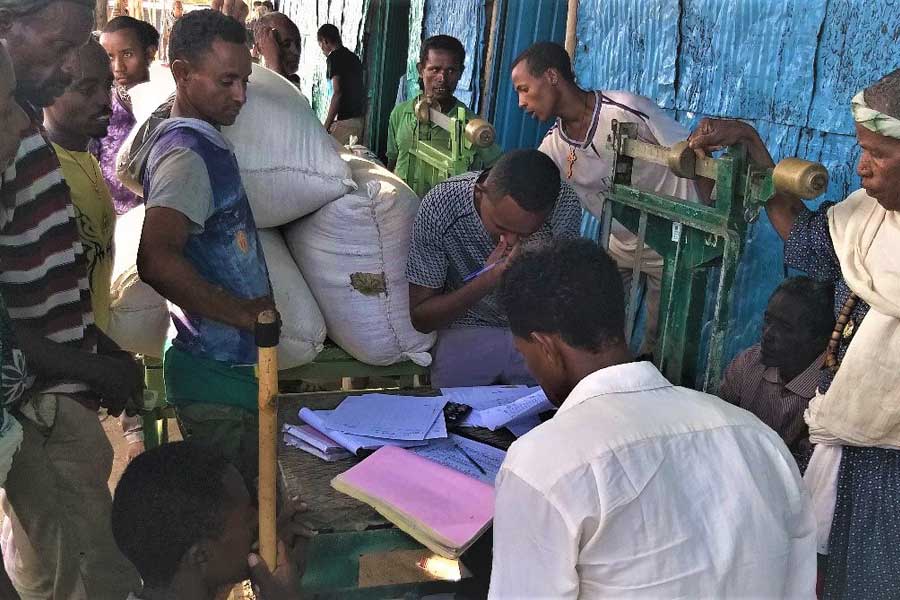
Agenda | Nov 21,2020
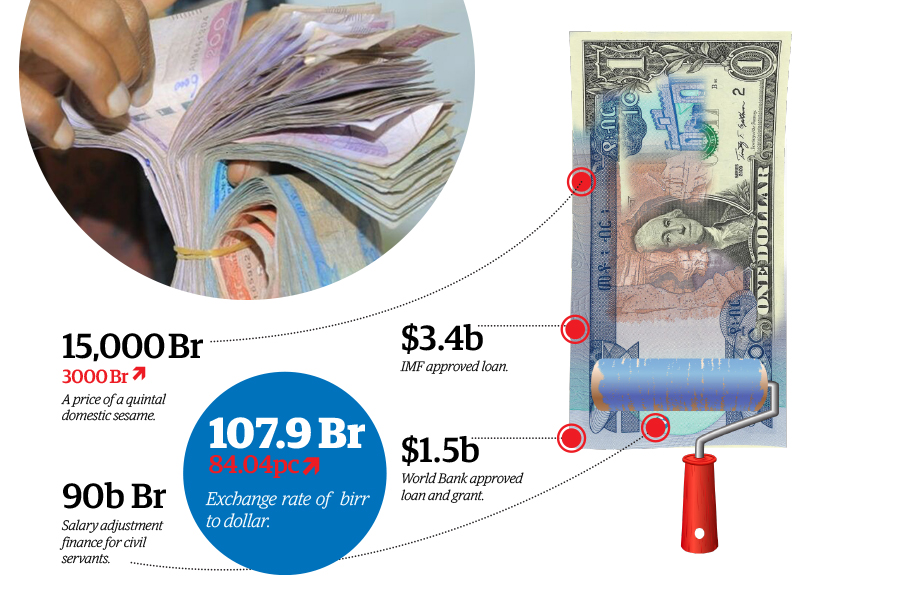
Fortune News | Aug 04,2024

Fortune News | Oct 23,2021
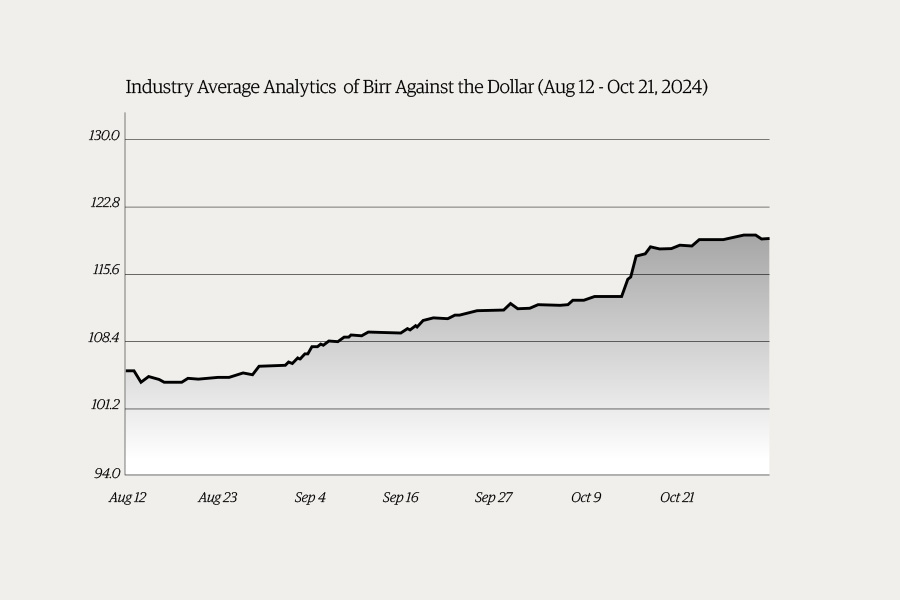
Money Market Watch | Nov 03,2024

My Opinion | Sep 24,2022

Dec 22 , 2024 . By TIZITA SHEWAFERAW
Charged with transforming colossal state-owned enterprises into modern and competitiv...

Aug 18 , 2024 . By AKSAH ITALO
Although predictable Yonas Zerihun's job in the ride-hailing service is not immune to...

Jul 28 , 2024 . By TIZITA SHEWAFERAW
Unhabitual, perhaps too many, Samuel Gebreyohannes, 38, used to occasionally enjoy a couple of beers at breakfast. However, he recently swit...

Jul 13 , 2024 . By AKSAH ITALO
Investors who rely on tractors, trucks, and field vehicles for commuting, transporting commodities, and f...

Oct 18 , 2025
The political establishment, notably the ruling party and its top brass, has become p...

Oct 11 , 2025
Ladislas Farago, a roving Associated Press (AP) correspondent, arrived in Ethiopia in...

Oct 4 , 2025
Eyob Tekalegn (PhD) had been in the Governor's chair for only weeks when, on Septembe...

Sep 27 , 2025
Four years into an experiment with “shock therapy” in education, the national moo...